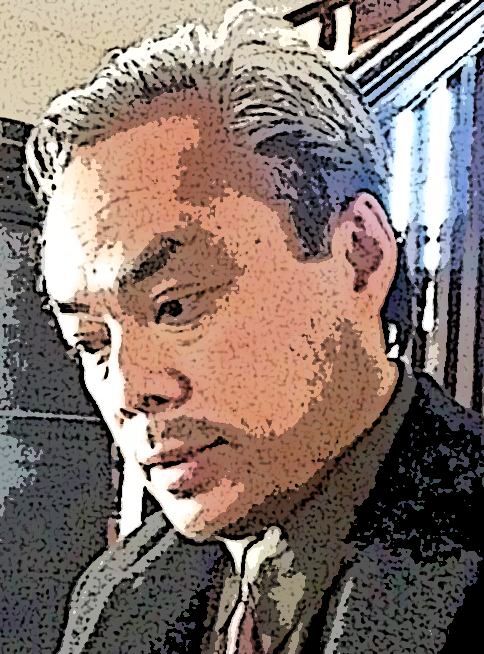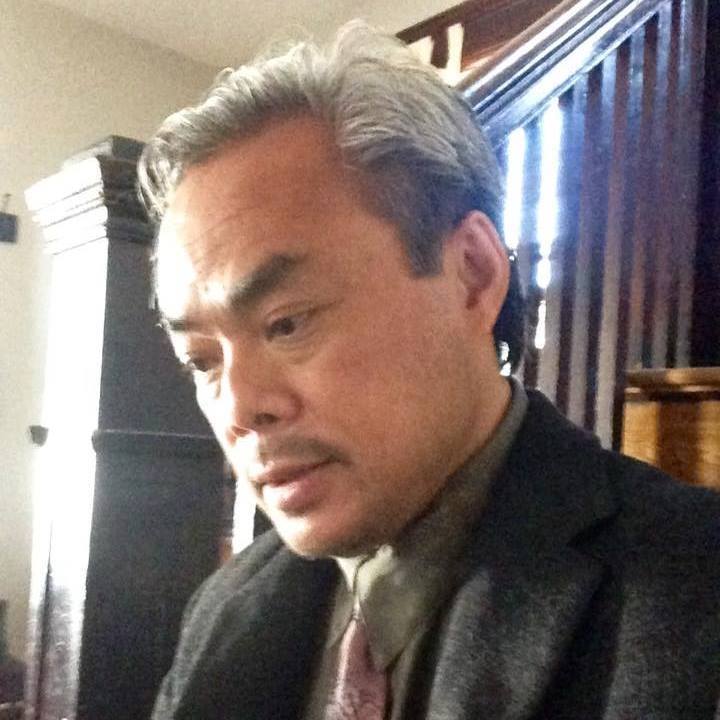A scientist can serve society and humanity in three ways: to discover and create new knowledge, to educate the young and public, and to improve the human and life conditions.
First, I contributed to our scientific knowledge including:
1). Exploring biological diversity in aquatic ecosystems,
2). Uncovering novel features in cytoskeleton, motility and membrane trafficking in unicellular organisms,
3). Codiscovering RNA interference (RNAi) in African trypanosomes,
4). Unraveling pathological gene networks in human induced by Toxoplasma brain parasitism,
5). Building a bedrock of protein crystallographic structures to study how the brain parasite lives in human.
Our 1998 discovery of RNA interference in African trypanosome is noteworthy. We published only 6 months behind the independent discovery in worms by Craig Mello and Andrew Fire. They won a Nobel Prize in 2006.
Second, I educated younger generations by classroom teaching and program development, spanning a continuum of learning levels from middle to medical schools. I promoted science education of our less privileged populations.
Third, I worked for cures of brain diseases. Toxoplasma is a brain parasite infecting over 2 billion humans on Earth. I developed a new hypothesis using data generated by collaborators. We correlate brain parasitism to other neurological diseases (Cancer, Epilepsy, Huntington's and Alzheimer’s Diseases). The protein crystallographic structures provide a roadmap to find drugs and kill the parasite.
We must act against the urgent threats of the 21st century. Humans are breaching the tipping points of the Nine Planetary Boundaries, including Global Warming. These destructive trends must stop for the survival of humanity and life on earth. I contribute to local and state planning for climate change.

